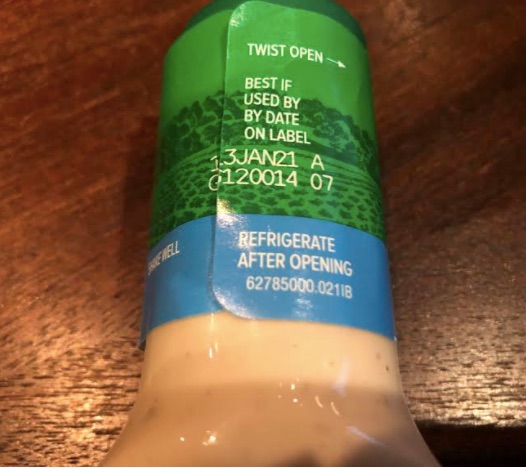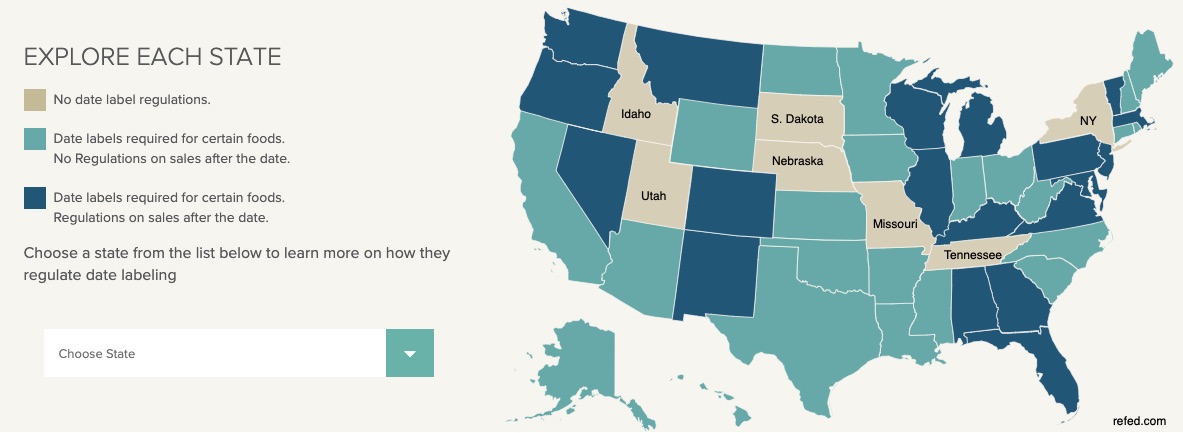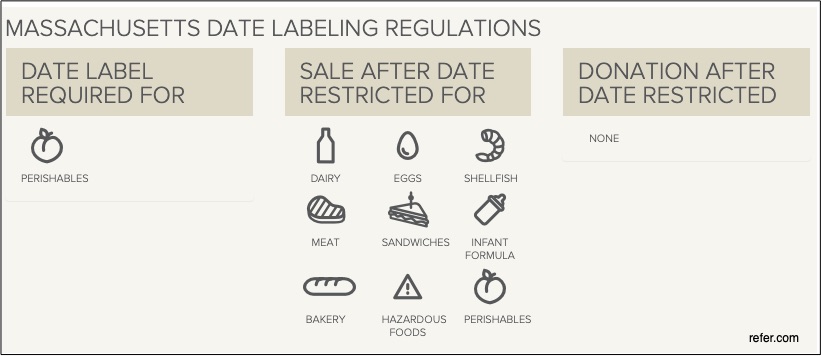
Why a Normal Recession Would Be Nice
April 16, 2020
April 2020 Friday’s e-links: Tight and Loose Cultures, World 2.0, and a Musical Collage
April 17, 2020A Twinkie could be ideal for a lockdown.
Described by WSJ as a “pale yellow calorie tube with a cream-like filling,” the snack is a “guilty pleasure.” But most crucially, its 25-day shelf life (and perhaps 45 or even 65, depending on your source) means we can buy it in bulk and limit our visits to the grocery store.
Suddenly, those expiration dates have become much more significant.
Expiration Dates
Food stores began sharing expiration dates with their customers during the 1970s. The problem though is inconsistency. Depending on the manufacturer’s intent and the consumer’s interpretation, the label could refer to food safety, freshness, or optimal taste. It could say sell by, enjoy no later than, best if used by, freeze by, and a slew of other freshness labels that no one has defined for us. And even then, when the food reaches our homes, how we handle it will ultimately determine how long it lasts.
As a result, except for infant formula labels, the states each decide what to mandate. Below, you can see that seven states have no labeling requirements. Elsewhere, they vary:
These are some examples:
California:
Massachusetts:
Texas:
Iowa:
Because no label necessarily relates to safety, the USDA suggests that we depend on our noses, our eyes, and our common sense when deciding whether to trash our food. Like me, during the lockdown, you might be a bit more lax.
Our Bottom Line: Tradeoffs
A lockdown changes the tradeoffs for discarding food. When in doubt, we threw it out. Now though a grocery store visit is more daunting. Even wearing a mask and gloves, we still could expose ourselves to the novel coronavirus.
Consequently, we have more of an incentive to eat outdated food that does not taste as good…
And to buy long lasting Twinkies.
My sources and more: For more of the Twinkies story, WSJ has the details. However, I recommend the USDA for the most the up-to-date comments on expiration dates and refed for their state information.
Please note that several of today’s sentences were published in a past econlife post.
![econlifelogotrademarkedwebsitelogo[1]](/wp-content/uploads/2024/05/econlifelogotrademarkedwebsitelogo1.png#100878)









